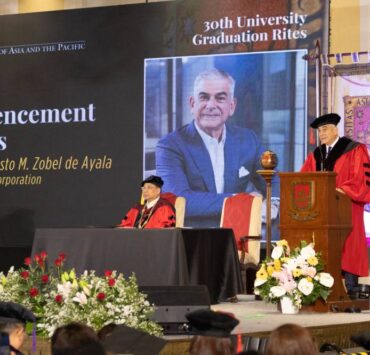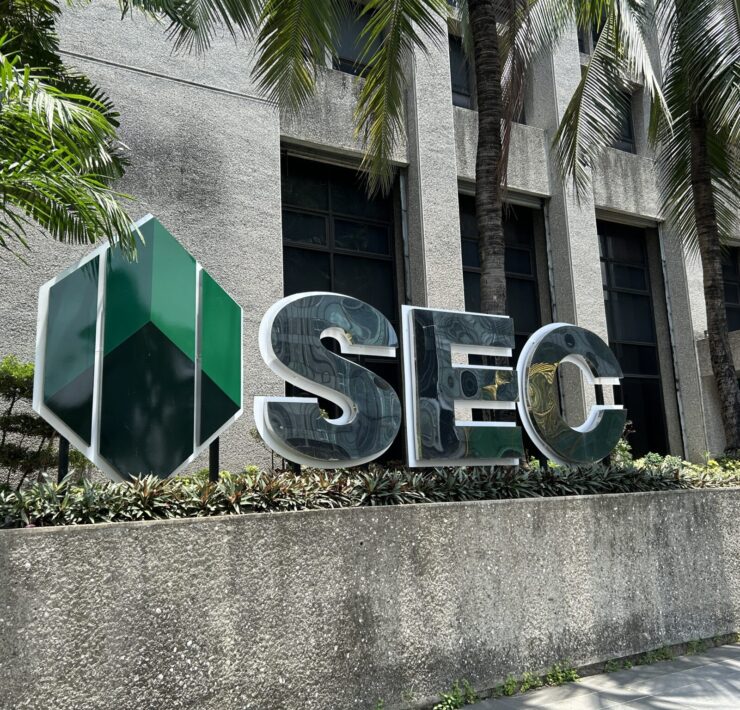Safeguards sought to achieve promise of ‘Konektadong Pinoy’

While the “Konektadong Pinoy” law could open the floodgates to new investments in the telecommunications sector, experts said the absence of tough safeguards could expose Filipinos to substandard services and cybercrimes.
The measure, which lapsed into law over the weekend, seeks to streamline permitting and mandate infrastructure sharing to boost competition and thus lead to better services at lower prices.
Without the need for a legislative franchise, more than 1,000 small internet providers are seen swamping the local market—a key point in the bill that has triggered fears among some telecommunications companies.
But one telco player is taking a different view.
Converge ICT Solutions backs the Konektadong Pinoy law, with its chief executive officer, Dennis Anthony Uy, believing this would be “better” for consumers.
“Competition gives people real choice. It’s not just “take it or leave it,” he said in a statement.
Regulations
However, the Pampanga-based businessman stressed that the government must deploy the “right regulatory framework” to protect Filipinos from “fly-by-night operators.”
Every operator, he also noted, must have the technical capacity to shield their network against cyber threats, such as spam and scams, which have been proliferating in the Philippines.
Uy said that local authorities must have the power to make these new entrants accountable, just like what was being practiced in South Korea where even the top executives can be put behind bars.
Ronald Gustilo, a national campaigner for Digital Pinoys group, echoed Uy’s statement.
“Allowing unqualified operators would risk undermining consumer trust instead of strengthening it,” he told Inquirer in a message Monday.
But if regulators successfully implement stringent measures governing this new law, Gustilo said the sector may see heightened competition that will then prompt incumbents “to raise their game.”
“Competition should drive improvements not just in internet speed and network reliability, but also in customer service, pricing, and overall consumer experience,” he said.
Telco giants Pangilinan-led PLDT Inc., Globe Telecom and DITO Telecomunity have yet to react to the law’s passage.
But Ayala-backed Globe Telecom did say earlier that the bill needed “further study and reform.”
PLDT, for its part, had even hinted at taking the constitutionality issue to the Supreme Court, as it also warned about cybersecurity threats.
This planned move of PLDT, however, was “disheartening,” according to Samuel Jacoba, founding president of the National Association of Data Protection Officers.
“[T]hese same telcos are the ones that allowed the Philippines to lag behind its Asean neighbors in telco and internet infrastructure,” Jacoba told Inquirer in a separate interview.
“Expect them to continue their legal options, including perhaps an appeal to the Supreme Court to stop the full implementation of Konektadong Pinoy,” he added.
Jacoba urged proponents to “address all concerns raised by stakeholders to facilitate a fair, secure, equitable and inclusive transition to the emerging digital ecosystem of the country.”





















